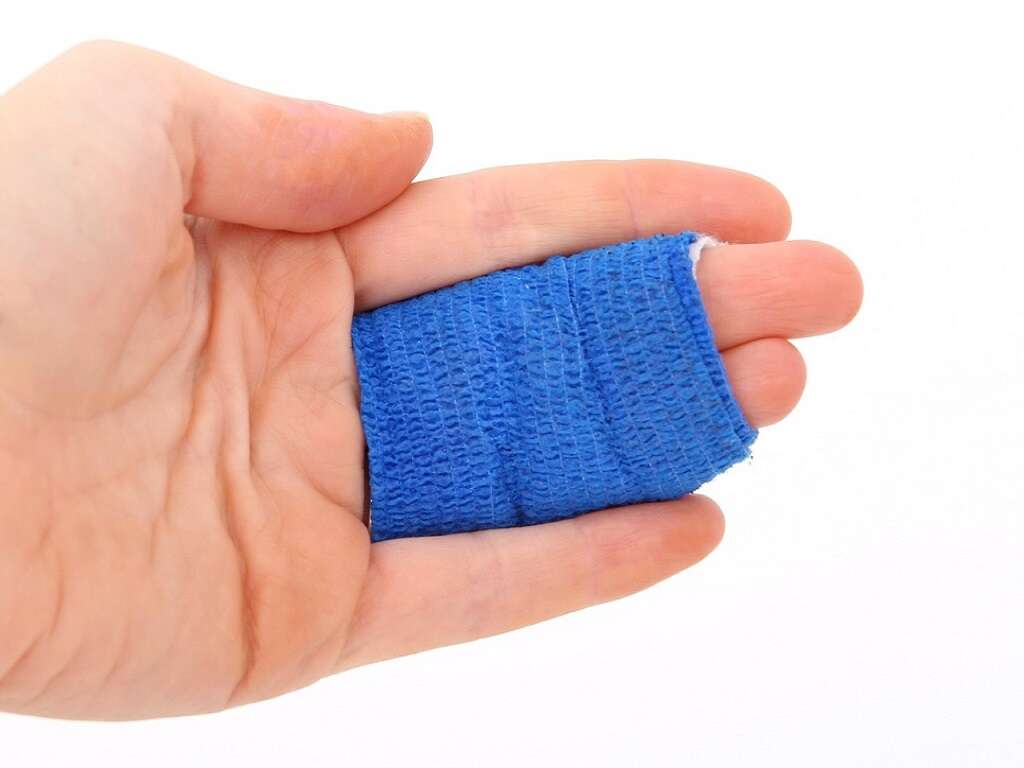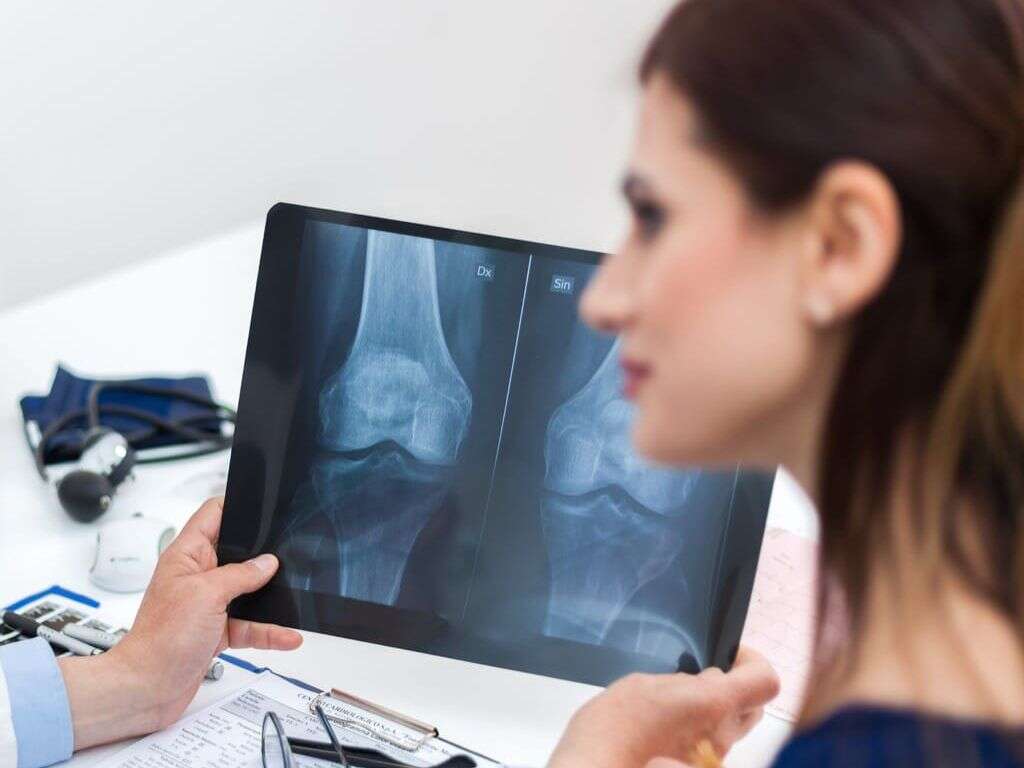10 Osteopenia Symptoms
 Article Sources
Article Sources
- 1. 'Osteopenia: When you have weak bones, but not osteoporosis.' _Harvard Health_, www.health.harvard.edu/womens-health/osteopenia-when-you-have-weak-bones-but-not-osteoporosis.
- 2. 'Oral Health and Bone Disease.' _National Institutes of Health_, www.bones.nih.gov/health-info/bone/bone-health/oral-health/oral-health-and-bone-disease.
- 3. 'What Is Osteopenia? Causes, Symptoms and Treatment.' _HSS Playbook Blog_, www.hss.edu/playbook/what-is-osteopenia-causes-symptoms-and-treatment/.
- 4. 'Osteopenia and Osteoporosis: The Difference.' _Menopause Now_, https://www.menopausenow.com/osteoporosis/articles/osteopenia-and-osteoporosis-the-difference.
- 5. 'OSTEOPENIA - Symptoms, Causes, Risk Groups, Prevention and Treatment.' _Ecosh Life_, https://ecosh.com/osteopenia-symptoms-causes-risk-groups-prevention-and-treatment/.
5. Bone Fractures
Fractured bones are often the first indication that an individual may have osteopenia. As the bones of people with the condition are fragile, it can require nothing more strenuous than putting a foot wrong when stepping off a staircase to cause a fracture.3‘What Is Osteopenia? Causes, Symptoms and Treatment.’ HSS Playbook Blog, www.hss.edu/playbook/what-is-osteopenia-causes-symptoms-and-treatment/.
Bone injuries are also likely to be far more serious, due to the bones being weaker than normal. A bone density test can confirm osteopenia and should be requested from a doctor if there are signs of easy fracturing.
Advertisement










